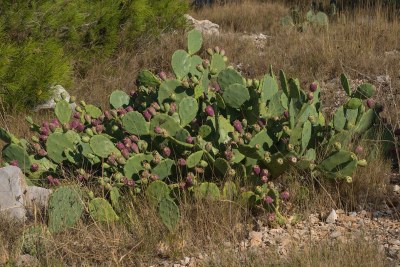-
Malawi: Electricity From Farm Waste - How Biogas Could Help Malawians With No Power
The Conversation Africa, 1 May 2024
In sub-Saharan Africa, over 600 million people (more than 50% of the population) are without access to electricity. Malawi has one of the world's lowest electricity access rates -… Read more »
-
Nigeria: Govt, UN Women Unveil N300m Biogas Project for Rural Women
Leadership, 26 January 2024
Federal government has partnered with the United Nations (UN) Women to empower rural women through a N300 million biogas project. Read more »
-
Nyasa Times, 20 July 2023
Around 2, 700 households in Blantyre and Zomba Cities have switched to clean cooking technologies through the 'Phikani Moganizira Chilengedwe [Environmental Friendly Cooking]… Read more »
-
Malawi: Using Prisoner Poop Converted to Biogas for Cooking
RFI, 19 March 2021
It's 6:00 am inside Mulanje Prison in southern Malawi. The sound of voices coming from inside of cells marks the beginning of the day, as prisoners put on their regulation white… Read more »
Biogas Plants Offer Hope for Electricity in Off-the-Grid Malawi
In sub-Saharan Africa, more than 600 million people lack access to electricity. Malawi stands out with only 14.1% of its population connected to the main grid, dropping to 5.6% in rural areas, reports Ehiaze Ehimen and Thomas Robin for The Conversation Africa.
To address this disparity, decentralized renewable energy systems like biogas plants offer promise. Using readily available materials such as manure and vegetable waste, biogas plants provide a cost-effective way to generate electricity, especially in areas where connecting to the national grid is not economically feasible. The abundance of biomass resources in rural communities and low setup and operational costs make biogas production an attractive solution. It also helps address environmental and health concerns by reducing methane emissions from organic waste and reducing reliance on traditional biomass fuels.
Biogas plants convert organic waste into methane and carbon dioxide through anaerobic digestion, providing a renewable energy source for electricity, heating, and cooking. The plants typically have a lifespan of 20 years.
InFocus
-
The project aims at helping agricultural factories to generate their own power. Read more »
-
Women in Kenya's Laikipia North sub county are taking action against an invasive cactus that has been killing their livestock and making their land difficult to cultivate. ... Read more »

Biogas plants turn organic waste into methane fuel (renewable energy) through anaerobic digestion, usable for electricity, heating, and cooking (file photo).




